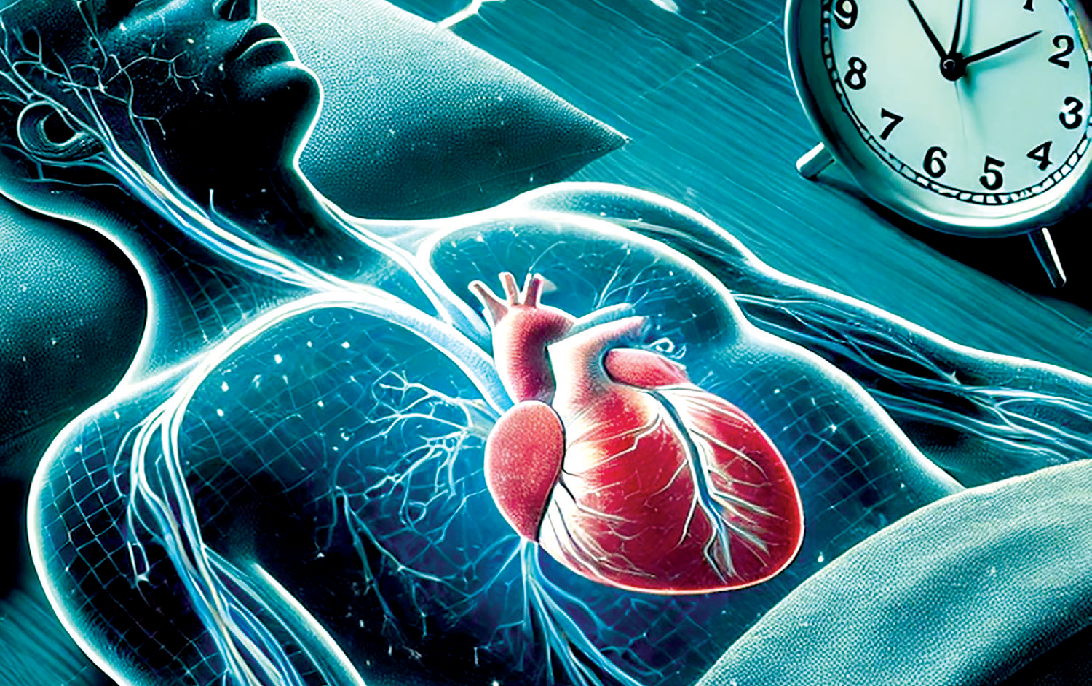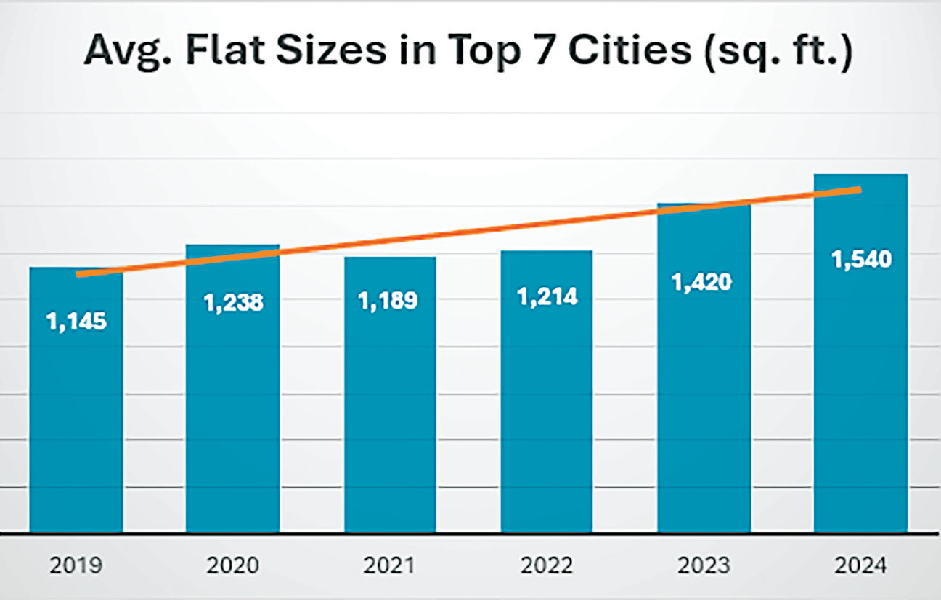
Surprising Link: Sleeping hours and heart attack risk
Amritha K
Sleeping for a few hours seems to be the ultimate answer to most of your problems - be it physical or mental. However, there is a fine line between sleeping for the right amount of time to oversleeping and undersleeping. The findings of a recent study have assembled an understanding which can be a blow to all the early bed goers and late risers. According to the study, sleep duration can influence a person’s risk of heart attack.
How many hours of sleep do you need? Newborns (0 to 3 months): 14 to 17 hours per day Infants (4 to 11 months): 12 to 15 hours Toddlers (1 to 2 years): 11 to 14 hours Preschoolers (3 to 5 years): 10 to 13 hours Children (6 to 13 years): 9 to 11 hours Teenagers (14 to 17 years): 8 to 10 hours Adults (18 to 64 years): 7 to 9 hours Older adults (over 65 years): 7 to 8 hours
Symptoms of heart attack Pressure, tightness or a squeezing or aching sensation in your chest or arms that may spread to your neck, jaw or back. Nausea. Heartburn. Indigestion. Shortness of breath. Abdominal pain. Fatigue. Cold sweat. Lightheadedness or sudden dizziness.
Proper sleep is the key to a healthy heart While the sleep require -ment of one individual differs from the other, health experts and studies point out that it is critical for an adult to get 6 to 9 hours of sleep every night, to avoid the onset of various health problems. The study points out that sleep is essential for a healthy heart and was able to link patients with sleep apnoea having heart problems. When your body does not receive the right amount of sleep or rest at the end of the day, certain chemicals are activated that keep the body from achieving extended periods in which heart rate and blood pressure are lowered - thereby resulting in the development of cardiovascular problems.
In the same line, as per the results derived from a study which examined the sleeping patterns of nearly 72,000 women showed that women who slept 9 to 11 hours per night were 38 per cent more likely to have coronary heart disease than women who slept 8 hours. However, researchers are still examining the reason behind this.
Some tips for good sleep According to the Centers for Disease Control and Prevention (CDC), an individual can consider the following tips to get good sleep: Get enough natural light, especially earlier in the day. Avoid exposure to artificial light, especially close to your bedtime. Go to bed and rise at the same time every day, even at the weekend. Get enough daily exercise and avoid exercising near bedtime. Avoid eating and drinking, especially alcohol and high fat and sugarrich foods in the hours before bedtime.
6-9 Hours of sleep can help reduce the risk of heart attack Consequently, the findings further stated that a sleep duration to 6 to 9 hours per night can reduce the risk of a first heart attack by 18 per cent in those people with high chances of developing heart diseases due to their genetic structure. While oversleeping and undersleeping stresses your body and its functions, the proper amount of sleep can help in reducing the risk, even for people with a genetic risk for heart attack.
Healthy sleep habits are linked to higher performance, mood, learning, and memory. Likewise, poor sleep habits have been linked with serious health problems such as a weakened immune system, increased risk of new and advanced respiratory diseases, adverse impact on your body weight, irregular blood pressure levels and can affect hormone production, including growth hormones and testosterone in men.
Lack of sleep & oversleeping can increase your risk of heart attacks
The study published in the Journal of the American College of Cardiology paper analysed the sleeping habits of 461,347 people aged 40-69 years. The study also examined the medical records of the individuals, including their sleep patterns and habits for over 7 years as well as the results of tests for risk genes. The researchers were able to gather an understanding that people who slept less than 6 hours per night had a 20 per cent higher risk of a first heart attack, in comparison to those who slept 6 to 9 hours. Likewise, those who slept more than 9 hours had a 34 per cent higher risk of heart attacks.
According to one of the researchers, ‘the study provides some of the strongest proof yet that sleep duration is a key factor when it comes to heart health - and this holds for everyone. If someone is looking to optimize their lifestyle, our data suggest that we should also strongly consider whether they are sleeping enough, or too long, as our findings support that these are key lifestyle risk factors contributing to heart health”. For individuals with a genetic predisposition for heart disease, getting regular sleep for six to nine hours every night can help in reducing the risk for heart attacks.
 English daily published in Bengaluru & Doha
English daily published in Bengaluru & Doha






